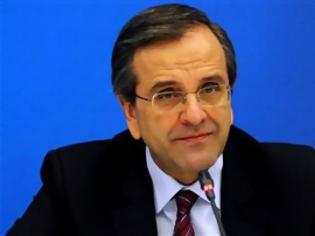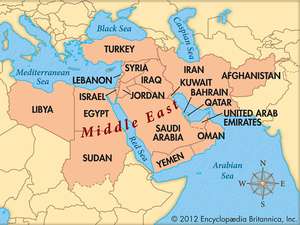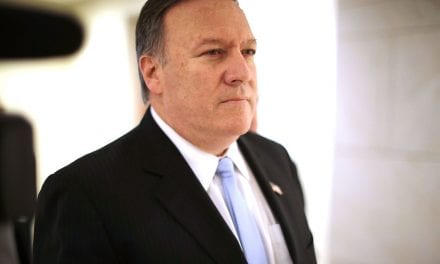by K.H, The Economist
GREECE may be emerging from recession, at last, but Antonis Samaras, the prime minister, still has to keep relations with international creditors on an even keel. Talks on restructuring the country’s huge public debt, which is set to peak this year at 174% of GDP, according to the IMF, will start in November. Athens may even need a third bail-out after the current package expires in 2015, the European Commission has warned.
After his centre-right New Democracy party lost the European elections to the far-left Syriza party, Mr Samaras decided to reshuffle his cabinet this week. He put his best players into a handful of ministries that work closely with the ”troika” of officials from the European Union and IMF overseeing fiscal and structural reforms. He picked a technocrat trained in America, Gikas Hardouvelis, to succeed Yiannis Stournaras as finance minister (Mr Stournaras will become governor of the central bank). Mr Hardouvelis, formerly chief economist at a private Greek bank, has his work cut out: a long “to-do” list of measures aimed at boosting competition but resisted by interest groups, from pharmacists to producers of fresh milk.
Nikos Dendias, a lawyer, took over the development ministry, which disburses EU funding and handles foreign investment, both critical to putting Greece on the path to sustained growth. Several big road projects are back on track, after being re-financed, whereas Chinese and Russian investors are showing interest in long-awaited privatisations of ports and the state railway system. As citizens’ protection minister, Mr Dendias proved effective: he tightened controls along Greece’s borders but made it easier for informal immigrants to seek asylum. He also launched a reorganisation of the creakingly old-fashioned police force.
New Democracy’s coalition with the PanHellenic Socialist Movement (Pasok) is still intact, as their partnership won a bigger percentage of the vote than Syriza. Evangelos Venizelos, the Pasok leader, stays on as deputy premier and foreign minister. His party’s share of cabinet and undersecretaries’ portfolios increased from 10 to 13 after the reshuffle.
Mr Samaras says the revamped government will serve out the remaining two years of its term. Yet the appointment of several new ministers and undersecretaries from his party’s right-wing faction suggests the prime minister wants to take a tougher line towards Syriza, perhaps in preparation for an early election. Alexis Tsipras, Syriza’s leader, insists he will bring down the government at next February’s parliamentary vote for a new president to succeed Karolos Papoulias, who is due to retire. Mr Samaras hopes to pick a consensus candidate who could attract enough independent lawmakers to reach the required three-fifths majority. He may not succeed.
Meanwhile, the right-wingers, several of whom represent the greater Athens constituency where New Democracy did poorly in the European election, will work on winning back voters. Some observers fear reforms could be diluted or rolled back at ministries that are not closely monitored by the troika. Poul Thomsen, boss of the IMF’s Greece team, warned this week that “adjustment fatigue and resistance from vested interests against essential reforms are the key policy challenges ahead.”



















